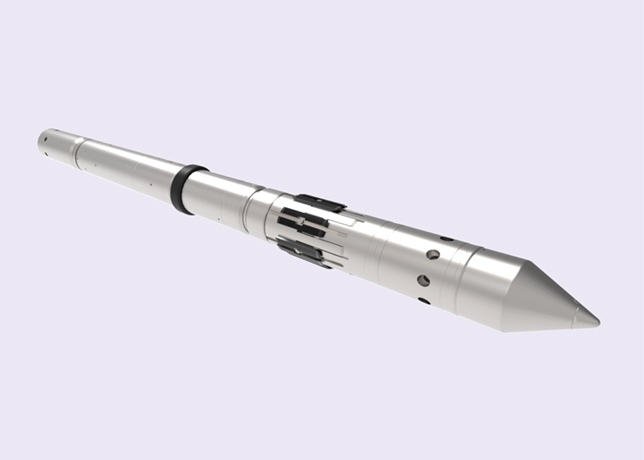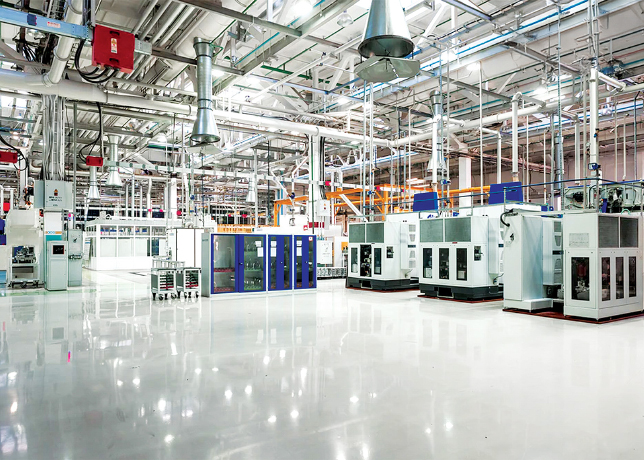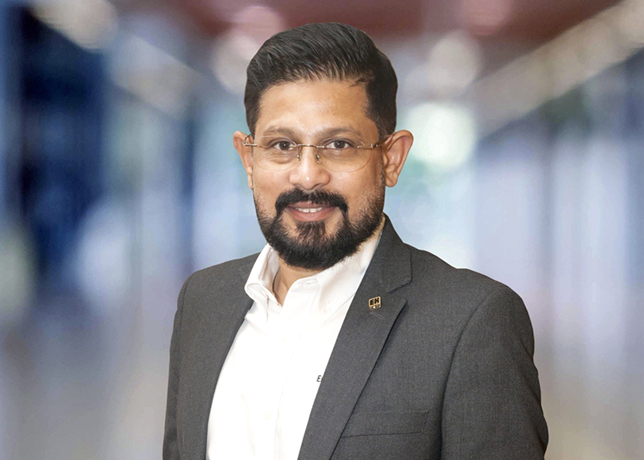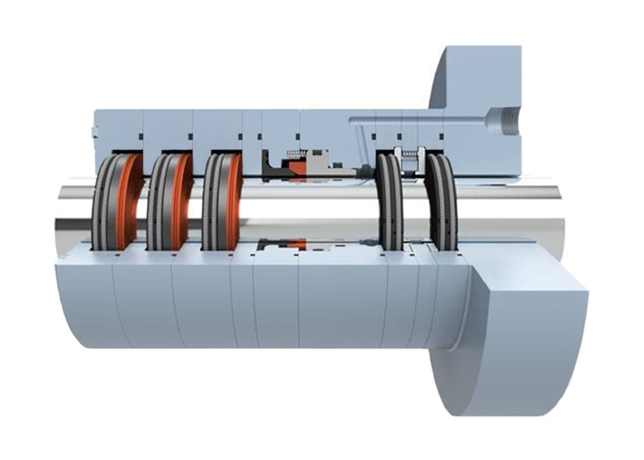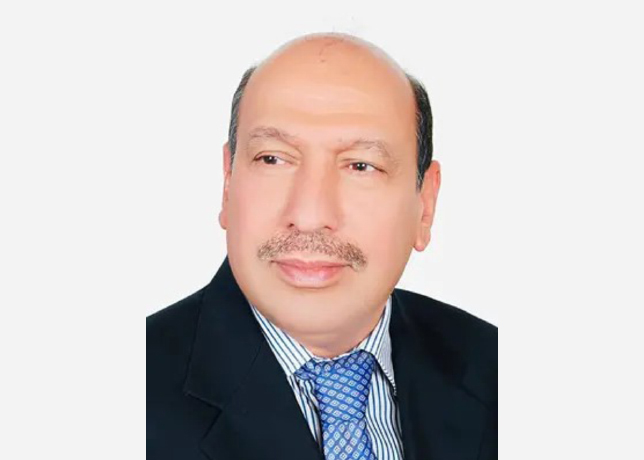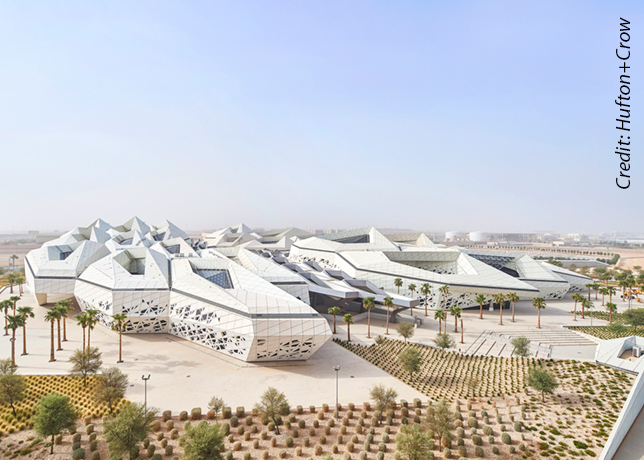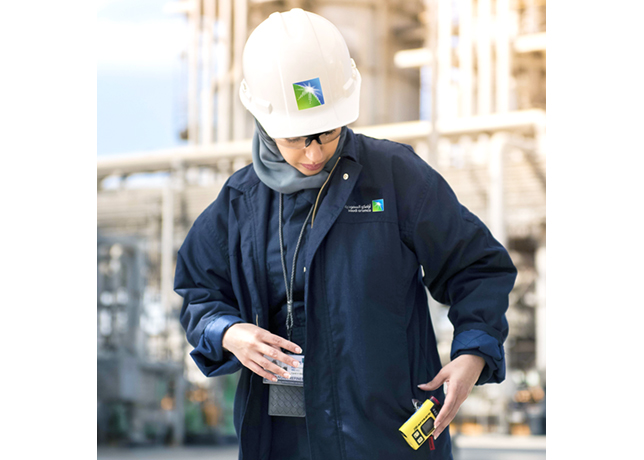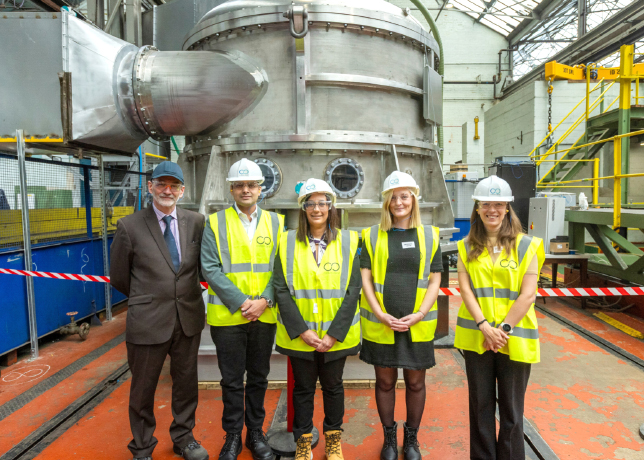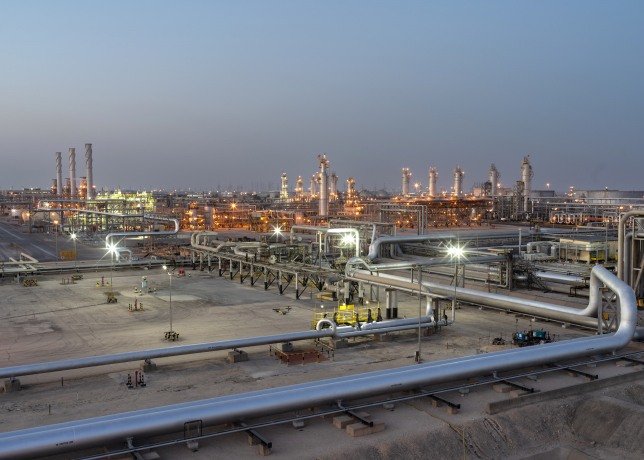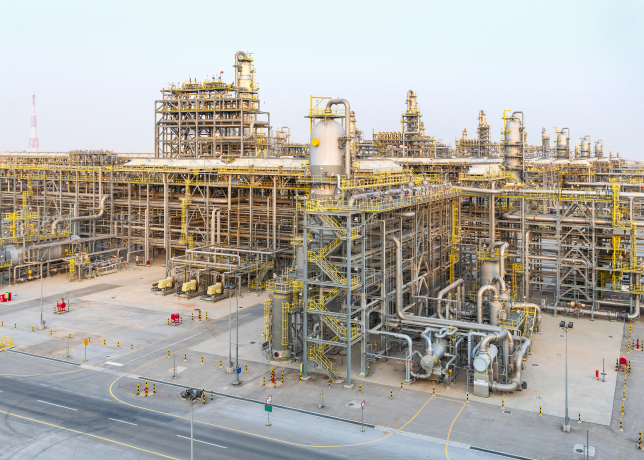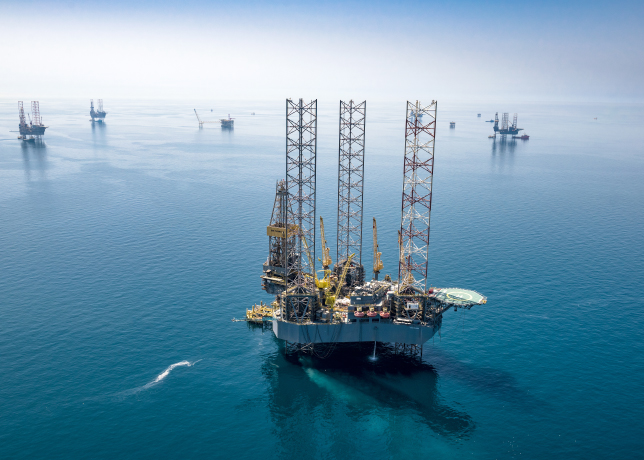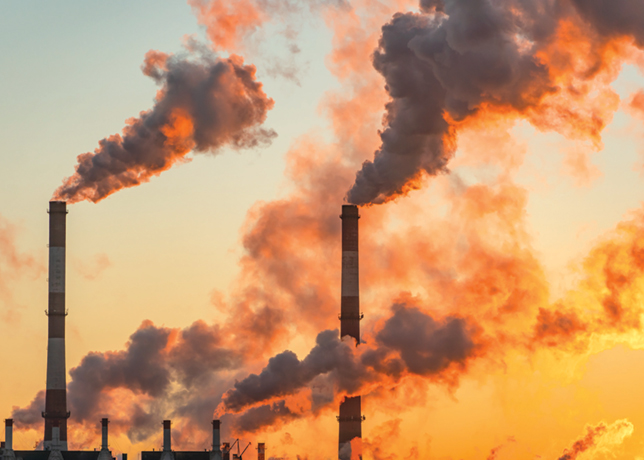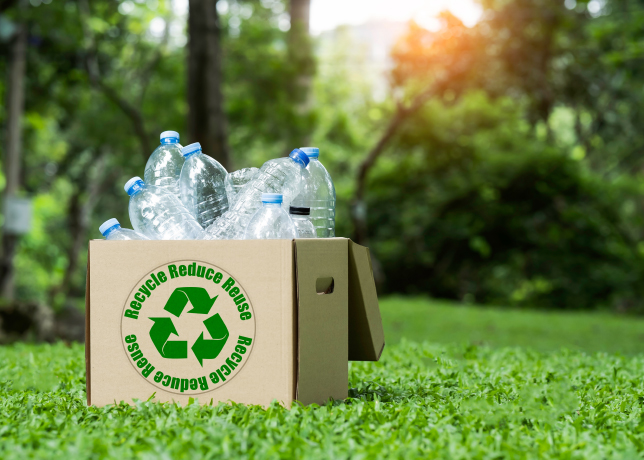
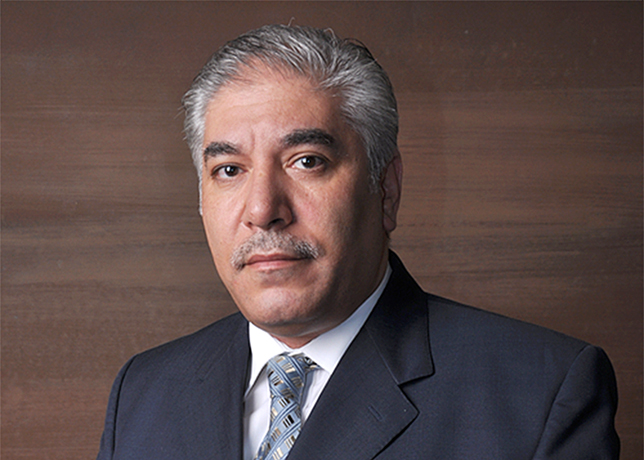 Khaled Abdel-Moneim ... turning vision into reality
Khaled Abdel-Moneim ... turning vision into reality
Khaled Abdel-Moneim, CEO of ALUPCO, shares how the aluminium pioneer is shaping the Kingdom’s industrial future, localising supply chains, driving sustainability, and preparing for a landmark IPO while delivering comprehensive solutions to global energy clients
When ALUPCO began in 1975, its vision was clear: To meet Saudi Arabia’s growing aluminium demand and support the nation’s ambitious construction and industrial expansion. But as the company grew, so did its vision.
What started as a small initiative has become a strategic industrial powerhouse.
Under the leadership of Khaled Abdel-Moneim, CEO, the company has evolved from a simple aluminium extruder into a full-fledged solutions provider, anticipating clients’ needs before they materialise and delivering comprehensive solutions for both domestic and international markets.
With an eye on Vision 2030, ALUPCO is enhancing local capabilities while advancing sustainability.
In an exclusive interview with OGN energy magazine, Abdel-Moneim emphasises that through recycling, renewable energy, and localisation, the company is shaping a future where industrial growth aligns with environmental responsibility.
Below are excerpts from the interview:
Can you share the personal story behind the founding of ALUPCO and the motivations that inspired you to embark on this journey in the aluminium industry?
We are very fortunate to be based in Saudi Arabia. Back in 1975, ALUPCO’s partners and shareholders anticipated the country’s future needs, particularly with the rapid construction boom and the growing demand for aluminium.
To build on this vision, they brought in top experts. At that time, Aluswiss conducted a detailed market study, analysing both demand and geography, and identified Dammam and Jeddah as the ideal locations for establishing two factories.
These were set up to serve not only the Saudi market but also future expansion into regional and international markets.
The initial strategy was to focus on the aluminium sector, and being located near Aramco, the oil giant, was a great advantage.
The first phase was to supply Aramco’s requirements for aluminium in construction, particularly housing.
This was not only for their oil and gas operations but also for residential and office infrastructure.
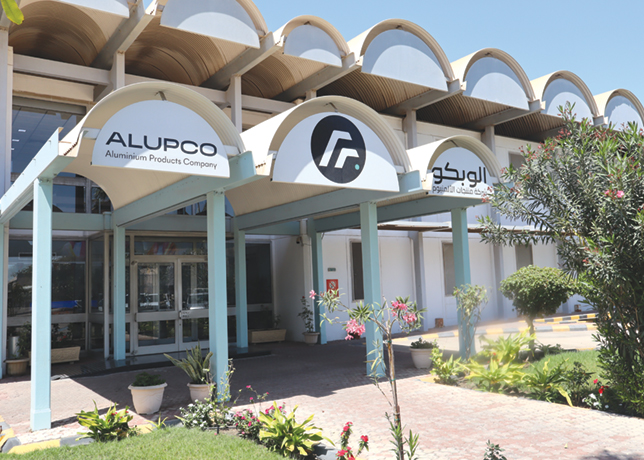 |
ALUPCO headquarters and Dammam plant ... leading aluminium innovation |
As a result, ALUPCO became the preferred supplier for Aramco in virtually every project.
Over time, our collaboration with Aramco expanded beyond construction. We began identifying other aluminium-related needs that Aramco was importing from abroad.
For instance, they used to import aluminium pipes from Canada and the US. We localised this production and now supply 100 per cent of their requirements. From there, we expanded into additional products.
Our approach has always been to carefully analyse Aramco’s needs as a global oil and gas leader.
In some cases, we supply them with their demanded products, while in others we explore opportunities where aluminium can replace alternative materials.
For example, replacing steel with aluminium helps reduce weight, waste, and maintenance. In cases where aluminium cannot replace the material, we work to localise production in Saudi Arabia instead of relying on imports.
Currently, one of the research initiatives we are pursuing with Aramco is to replace up to 40 per cent of rig components with aluminium instead of steel, which would bring significant efficiency benefits.
Beyond direct collaboration with Aramco, our efforts align with Saudi Arabia’s Vision 2030. The Kingdom is diversifying its income streams, and our role is not only to support Aramco within Saudi Arabia but also to enhance efficiency and competitiveness abroad.
For example, we are deeply involved in renewable energy initiatives, working with ACWA Power and others to generate electricity from solar and renewable sources.
This reduces domestic oil consumption, enabling Saudi Arabia to sell more oil internationally.
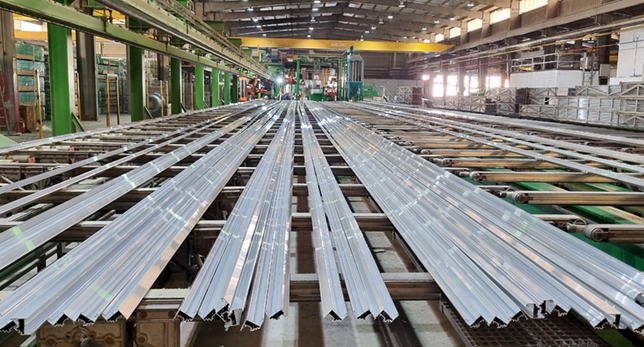 |
High-capacity extrusion presses delivering strength, accuracy, and consistency |
ALUPCO plans to go public next year through an Initial Public Offering (IPO). What do you see are the key benefits and challenges of this IPO, and how will it impact the company’s growth and strategy?
Many companies embark on this journey. It often starts as an idea from the shareholders, and as the company grows, it transitions from being privately held to becoming a public entity. This allows the company to share its success with the broader community. This has been a long-standing consideration for the company and its shareholders.
The Vision 2030 initiative has made the IPO transition more practical and accessible for all companies. The sheer scale and quality of the projects under Vision 2030 has prompted us to accelerate our timeline for an IPO. We are currently preparing ourselves from a governance perspective, ensuring all policies and capital market requirements are met prior to the launch.
We have completed most of the necessary preparations. Our current challenge is related to a series of recent mergers and acquisitions (M&As). We need to successfully integrate these new ventures. Once we have completed this process, we will be able to produce a clean financial statement and then move forward with the IPO.
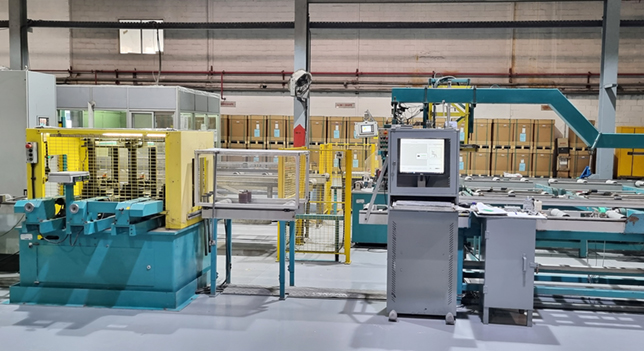 |
Optimising insulation ... ALUPCO’s thermal break line |
We are ready and are confident that we will offer the public a diversified portfolio that they will find appealing.
What prompted ALUPCO’s decision to evolve from an extruder to a solutions provider?
This is a trend that global companies are following. While a company could choose to stay local and focus on a single market, our shareholders and management decided against it.
Hence, we focused on the broader market and its evolving demands as we saw it as our responsibility to meet those new needs. This led us to redefine our vision and strategy, focusing on customer satisfaction by addressing a broader range of their needs. We aim to provide comprehensive solutions to solve their problems.
In line with Vision 2030, we analysed the market to understand its requirements and challenges, and we committed to bringing global solutions that are locally produced (Made in Saudi) to serve the Saudi market and then expand globally.
What’s your vision for ALUPCO in the next 10 years, especially as the energy sector evolves?
The vision for ALUPCO can best be captured in our slogan: ‘Where Vision Takes Shape’.
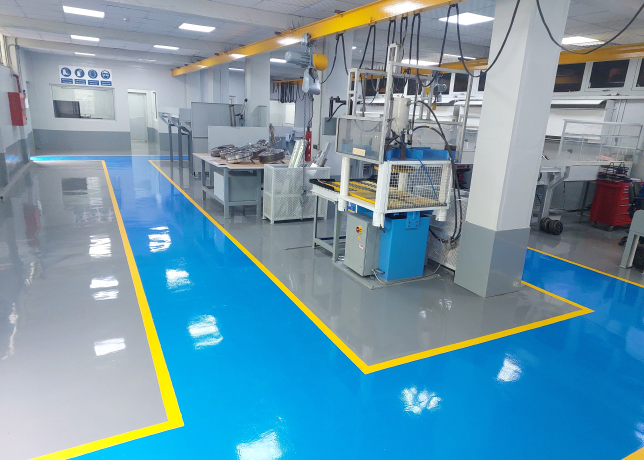 |
ALUPCO’s die shop is at the core of custom extrusion |
What we promise to Aramco, and to all our customers, is that with ALUPCO, they will see their vision come to life.
Their current needs, or the 'reality' as we call it, are already being addressed by many companies, including us. Those are the demands of today, and we, along with others, are meeting them.
But our commitment goes further. Our true promise is to work on their vision, the needs that do not yet exist in reality.
We dedicate ourselves to anticipating their future requirements and ensuring we have the products and solutions ready to meet them.
That is what we mean when we say, ‘Where Vision Takes Shape’, that is we transform our customers’ ideas of tomorrow into the solutions they will need in the years ahead.
How does ALUPCO plan to balance growth with sustainability, given the energy demands of aluminium production?
Aluminium is one of the best materials we can use on this planet because it is 100 per cent recyclable. This makes its environmental impact far lower than most other materials.
At ALUPCO, we recycle all of our production requirements, whether from our own processes or from post-consumer scrap. We bring that scrap back, recycle it, and transform it into green pellets and other reusable forms.
On the other side, we are deeply engaged in renewable energy. A major part of our focus is supporting the Kingdom in developing more energy-efficient solar farms.
For example, we manufacture solar trackers that allow panels to follow the sun, as well as frames and mounting systems. These are supplied not only within Saudi Arabia but also to markets such as the United States and Canada.
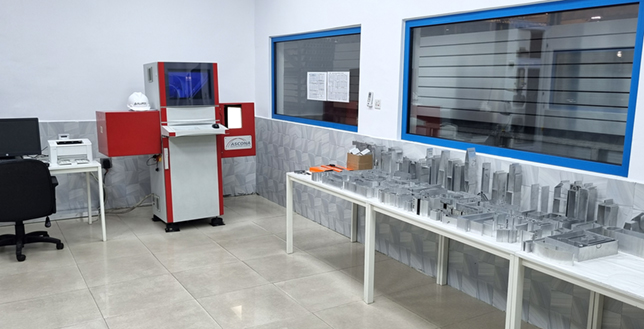 |
ALUPCO quality lab ... ensuring excellence |
So in addition to minimising waste and maximising recycling, we are also contributing directly to the renewable energy sector.
Both of these efforts ensure that we reduce energy consumption, cut emissions, and play a meaningful role in advancing sustainability while pursuing growth.
The iktva initiative emphasises localising supply chains. What steps has ALUPCO taken to support this, and how has it impacted local economies?
We look at localisation from two main angles. On the workforce side, ALUPCO today has employees from 24 different nationalities, including Saudis. When I first joined, only about 25 per cent of our staff were Saudi. Today, that number has risen to over 40 per cent, and our target is to reach 60 per cent in the near future.
At the same time, we are working to bring more Saudis into leadership roles. This requires focused training and development to prepare them to take on greater responsibilities within the organisation.
The other side of localisation is related to products and supply chains. Together with the Ministry of Industry, whose efforts I truly appreciate, we study the imports coming into Saudi Arabia, analyse them, and then develop local solutions to replace them.
The approach here is very different from many other countries. Instead of relying on tariffs and duties to discourage imports, Saudi Arabia encourages industries to set up locally by offering land, energy, and other forms of support.
In our case, we also bring in international know-how and form partnerships or joint ventures, such as those we established with Array Technologies, Vistawall International , and Aluman ME, to transfer advanced technologies into the Kingdom.
The idea is not just to manufacture locally, but also to export. Currently, about 40 per cent of our production is exported, and our goal is to reach 50 per cent in the future.
Of course, some raw materials are not available locally, such as, wood, for example. For that, we import the raw material, but we add the value here in Saudi Arabia before exporting the finished products.
This ensures that the real economic value and employment benefit remain in the country.
So, in short, our approach under iktva is to maximise local value creation, whether through Saudi talent development, localising manufacturing, or adding value to imported raw materials.
That is how we balance both the economy and the supply chain, while contributing meaningfully to Saudi Arabia’s vision.
What advice would you give to young Saudis aspiring to make an impact in the energy or industrial sectors, especially through opportunities like those ALUPCO provides?
Young Saudis today are very fortunate. Under the leadership of the Kingdom and through Vision 2030, the country has been provided with tremendous opportunities for success.
Saudi graduates today find many paths available and countless opportunities to choose from.
But with that abundance comes a challenge: To truly make an impact, you need to commit, stay in a role long enough to gain experience, and build the expertise that leads to long-term influence.
One of the issues we see is that with so many opportunities, people tend to move between jobs too quickly.
As a result, turnover in our industry is slightly higher than average. What is needed is the understanding that real growth comes from persistence.
At ALUPCO, we are working hard to retain Saudi talent, giving them the chance to learn, develop, and eventually move into leadership positions.
That is how they can truly make a lasting impact on the energy and industrial sectors.
What legacy do you hope ALUPCO leaves for Saudi Arabia and the global energy and industrial sectors?
When Aramco, or any of our customers, comes to us, they are not simply buying a product. They are looking for a solution. They come to us with a vision in mind, not just a technical drawing.
And that is exactly what defines ALUPCO: ‘Where Vision Takes Shape’.
By Abdulaziz Khattak







































































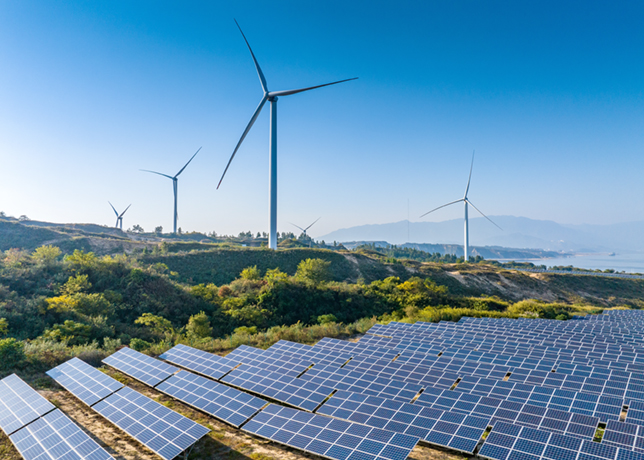

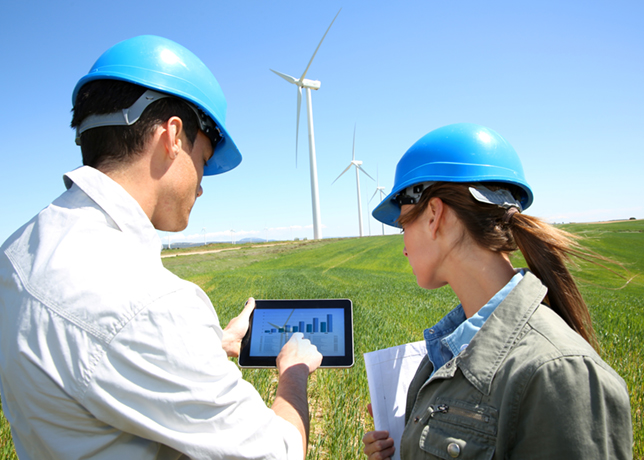


-is-one-of-the-world.jpg)
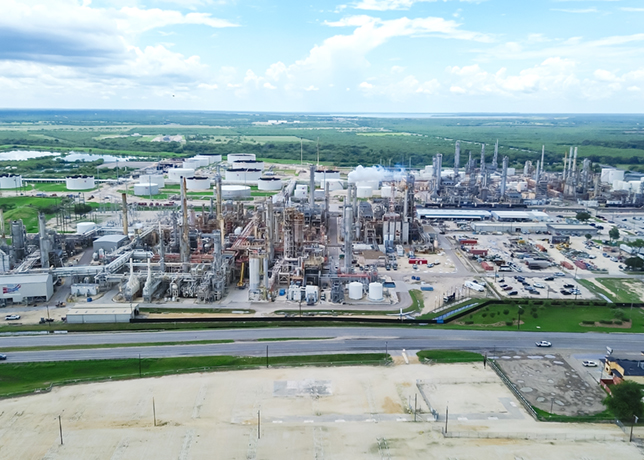
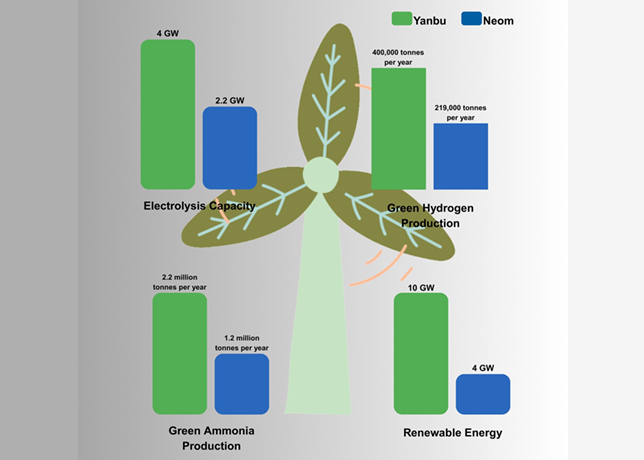
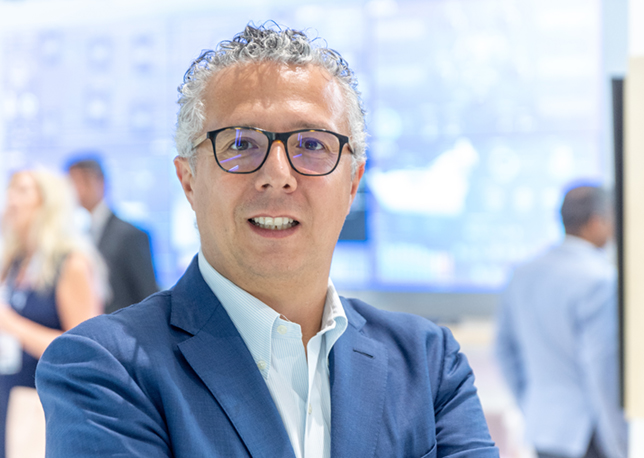
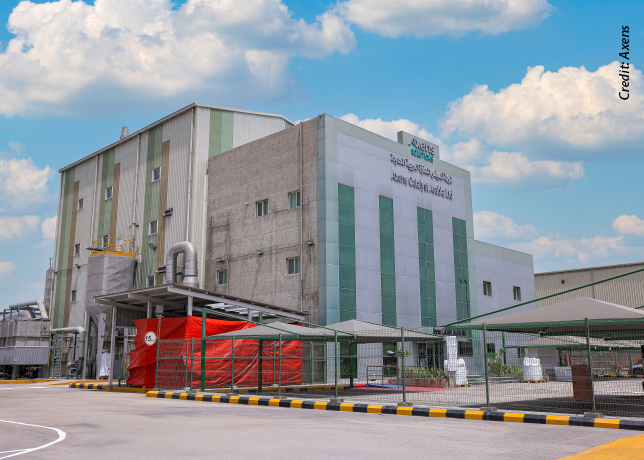
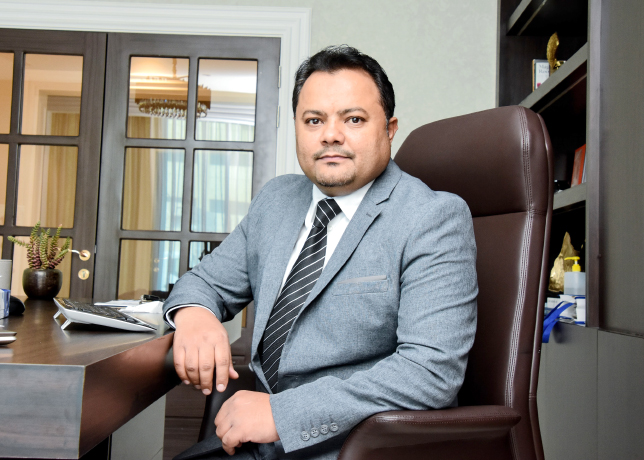
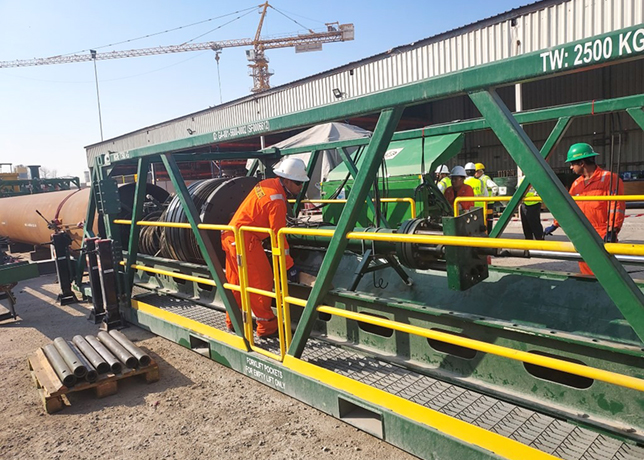
-(4)-caption-in-text.jpg)
